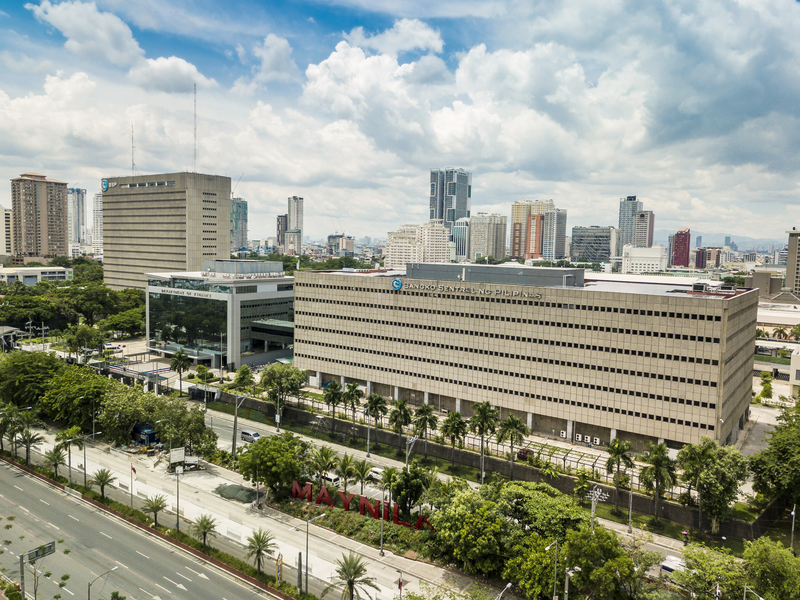THE Bangko Sentral ng Pilipinas (BSP) reported on Monday that foreign direct investments (FDI) to the country declined by more than 50 percent in June this year.
Data from the Central Bank showed that long-term investments made by foreign investors hit $471 million in June this year, lower by 51.5 percent from the June 2021 level of $971 million.
The BSP attributed the drop in FDI inflows during the month to the drop in non-residents’ net investments in debt instruments of their local affiliates due to higher repayments during the month.
“This muted the increase in their net investments in equity capital and reinvestment of earnings,” the BSP said in a statement.
FDI are investments that are made by foreign players to the Philippines in the hopes of long-term return.
Since these are in the country for a longer term compared to their short-term counterpart, the foreign portfolio investments (FPI), FDI usually create jobs for Filipinos and have a multiplier effect on the economy.
Broken down, equity capital placements during the month were sourced mostly from Japan, the United States, Singapore, and Switzerland. Investments were channeled mainly to the manufacturing; real estate; and information and communication industries.
Despite the decline, the cumulative value of FDIs for the first six months of the year still rose slightly compared to its January to June level in 2021.
On a year-to-date basis, FDI net inflows for the first half of the year reached $4.6 billion, higher by 3.1 percent than the $4.5 billion net inflows recorded in the comparable period in 2021.
“The cumulative growth was due to the expansion in non-residents’ net investments in debt instruments, which more than offset the decrease in their net placements of equity capital [other than reinvestment of earnings],” the BSP said.
Rizal Commercial Banking Corporation (RCBC) said the June FDI inflows to the county was partly weighed by higher inflation and interest rates globally, along with some wait-and-see stance while waiting for the new administration to assume office on June 30, 2022.
Image credits: Mdvedwards | Dreamstime.com


































